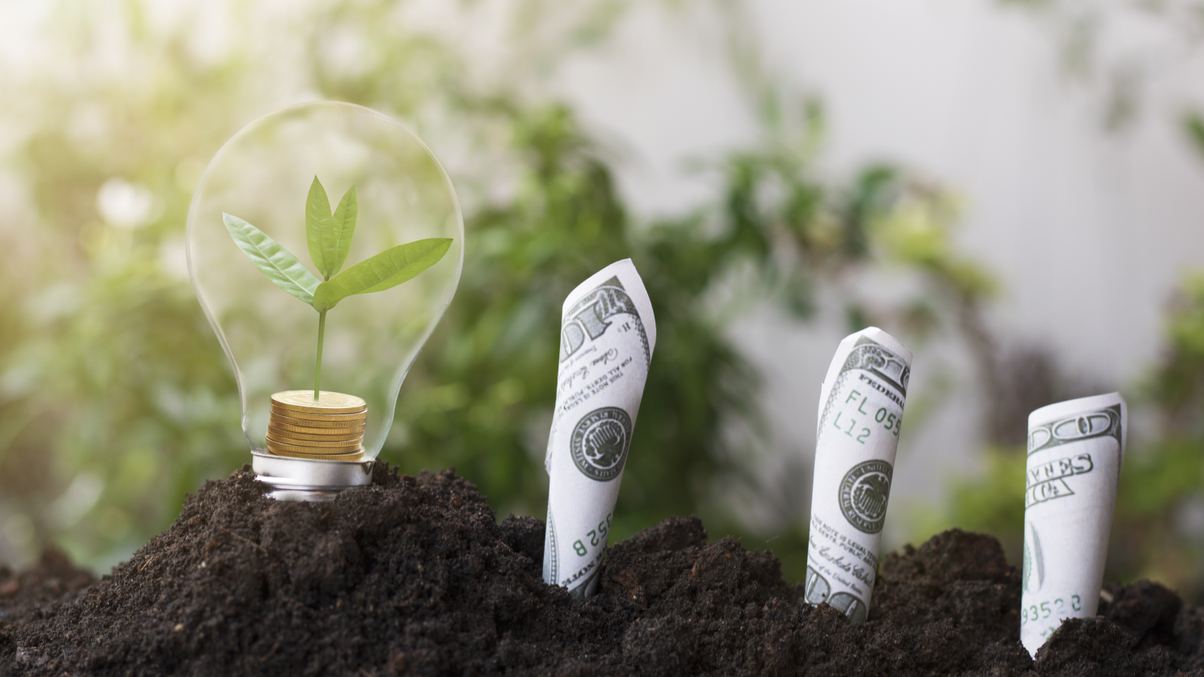KIC's ESG report card: 'Good work; now help unify standards'
In its second annual sustainable investment report, the sovereign wealth fund says it invested $1.79bn in ESG bonds. Experts say asset owners next need to consolidate their standards.

Sovereign wealth fund Korea Investment Corporation has established a good model for environmental, social, and governance (ESG), say experts, and the government should work with it to instil greater sustainable efforts in the economy.
Sign in to read on!
Registered users get 2 free articles in 30 days.
Subscribers have full unlimited access to AsianInvestor
Not signed up? New users get 2 free articles per month, plus a 7-day unlimited free trial.
¬ Haymarket Media Limited. All rights reserved.


